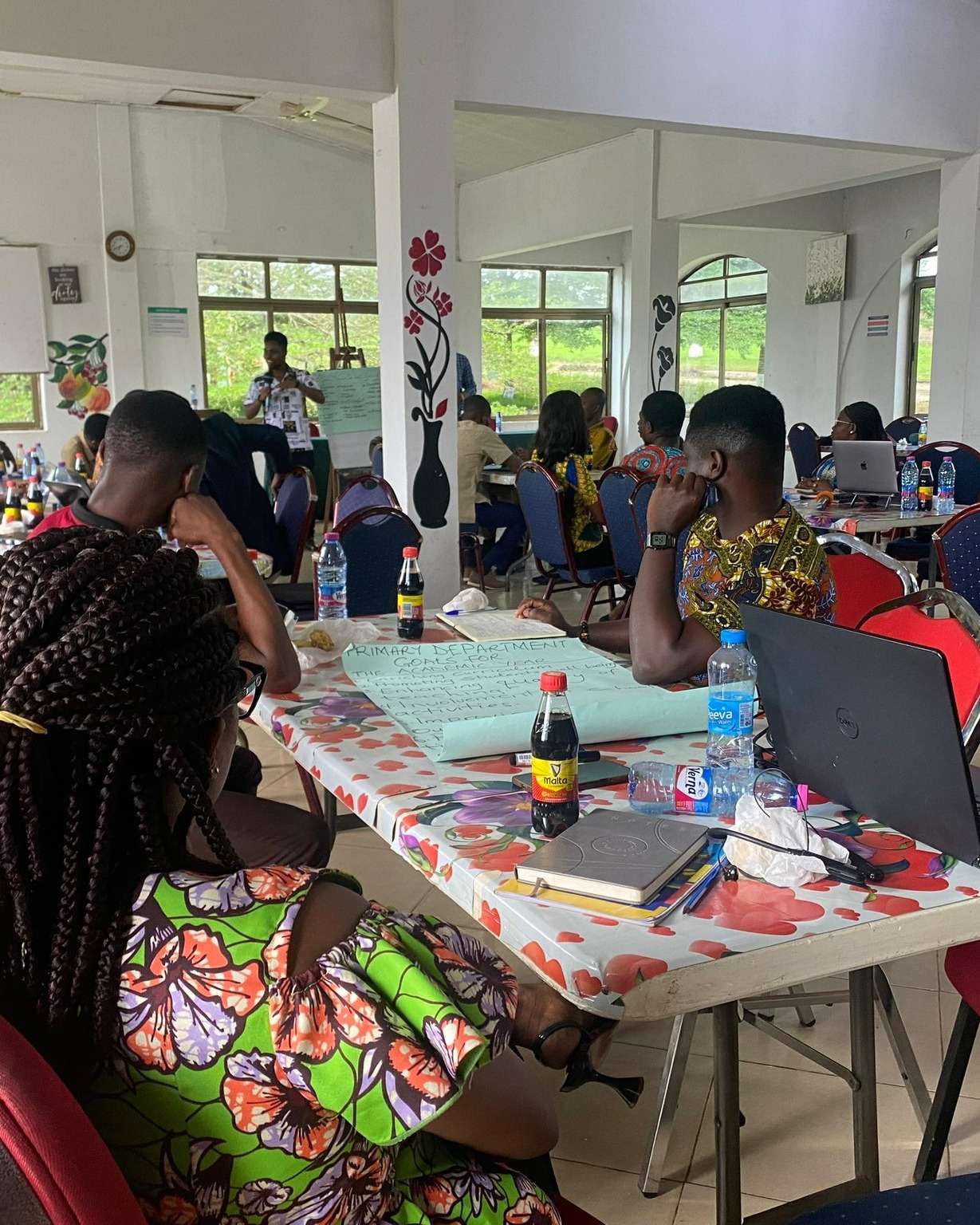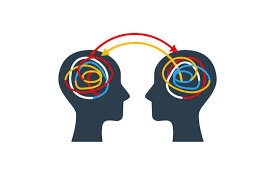Key Takeaways: Maps serve as more than just tools for finding directions. They also serve as gateways to understanding the world. Teaching map skills in geography equips students with...
Key Takeaways: Homework has long been a cornerstone of education, but not all assignments are equally effective in promoting learning. Traditional homework often emphasizes repetition and passive review, which...
Teaching is one of the most impactful professions in the world, and like any profession, it requires continuous growth. The Cambridge Professional Development for Teachers program is designed to...
Key Points Teaching coding and ICT (Information and Communication Technology) is essential to thrive in this digital era. The ability to code and understand ICT equips students with problem-solving...
Key Points at a Glance For years, classrooms have often leaned on competition as a way to push students to excel. While competition may drive short-term achievement, research consistently...
Key Points at a Glance These days, students often focus on completing tasks rather than understanding how they learn. This is where self-reflection comes in. By taking time to...
Key Points to Remember Economics is often seen as a subject filled with abstract theories and complex models. However, when teachers use real-world data, economics becomes far more engaging...
Key Points to remember Education is no longer just about passing exams or memorizing facts. The real measure of learning lies in how effectively students can transfer knowledge from...
The early years of education play a critical role in shaping a child’s future. The Cambridge Primary Curriculum is designed to give young learners a strong academic foundation while...
Key Points: Education is often measured through core subjects like mathematics, science, and language. However, the creative arts; music, dance, drama, and visual arts play a vital role in...










